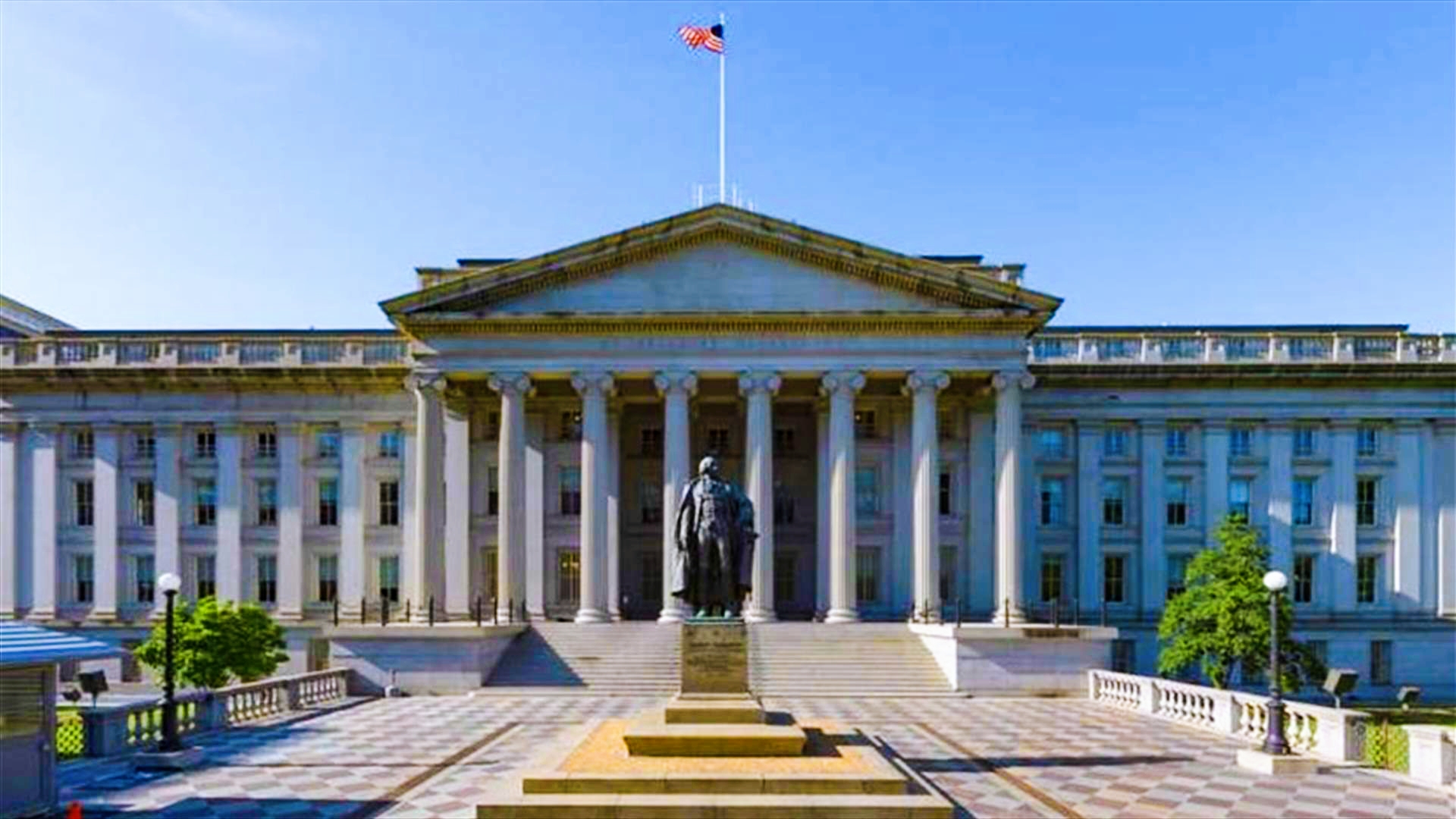The U.S. Treasury Department announced yesterday, Thursday, August 7, a new package of sanctions related to Iran, targeting 18 individuals and entities that the department said are involved in financial and technological networks helping Tehran evade U.S. sanctions, fund internal repression, and support the Iranian Revolutionary Guard and its proxies in the region.
The sanctions included entities managing alternative financial networks, most notably the CIMS system developed by RUNC to bypass the global SWIFT system, directly linking Iran to sanctioned banks such as the Chinese Kunlun Bank.
Also targeted was Cyrus Bank, a secret offshore bank established on Kish Island, used to finance the Iranian regime's foreign purchases in a way that conceals its connection to the Central Bank of Iran, according to what was published on the U.S. Treasury's website.
The sanctions also included FANAP, a subsidiary of Pasargad Bank, which is accused of developing surveillance technologies used by the Iranian police to suppress internal protests.
According to the new sanctions, the assets of the concerned individuals and entities will be frozen within the United States, with a comprehensive ban on dealing with them.
The Treasury Department also warned international financial institutions against cooperating with these parties to avoid exposure to secondary sanctions.
U.S. Treasury Secretary Scott P. Binsent stated in an official statement that his country will continue to target Iran's attempts to circumvent sanctions, depriving it of access to funding sources and cutting off its arms supply routes, emphasizing that these measures aim to "protect the American people."
In contrast, Iranian Foreign Ministry spokesman Ismail Baqai denied what he described as "rumors" about an agreement between Tehran and Washington on the timing and location for resuming nuclear negotiations.
He stated in a radio statement that "the past three or four weeks have seen the dissemination of false and fabricated news, some of which was provocative, and it has been proven to be baseless."
He clarified that communication between the two sides is still ongoing through indirect diplomatic channels, such as the Swiss embassy in Tehran and the Pakistani embassy in Washington.
Five rounds of indirect negotiations between the United States and Iran, mediated by Oman, ended this year without achieving a breakthrough in the nuclear file, following the outbreak of the Israeli military operation against Iran and the subsequent American strikes targeting nuclear facilities within Iranian territory.
Meanwhile, the "European Troika" countries (Britain, Germany, France) conducted negotiations with Tehran, but failed to play the role of mediator to bridge viewpoints and reach a new agreement regarding the Iranian nuclear program.
These new American sanctions come at a time when relations between Tehran and Washington are experiencing escalating tension, amid weak indications of the possibility of resuming the diplomatic track between the two sides.

